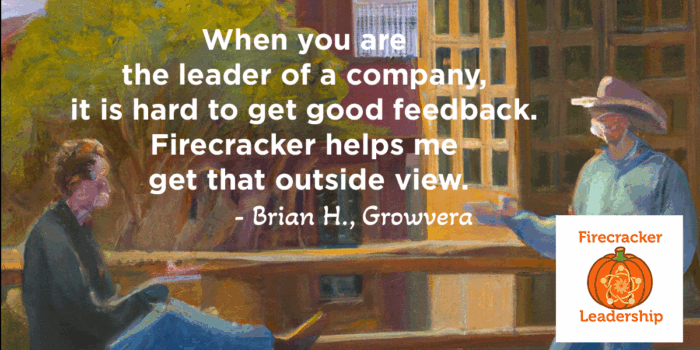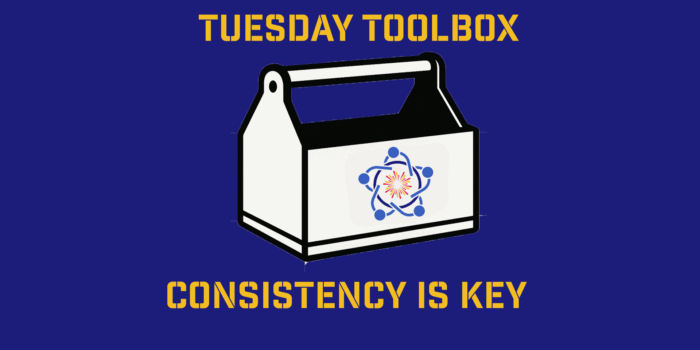Three ways to improve your emotional intelligence.
Few figures command the attention and admiration quite like Sir Richard Branson, the founder of the Virgin Group.
The billionaire high school dropout is known for his adventurous and risk-taking nature and for taking bold steps to try new things. Branson is also known for being authentic and approachable. He doesn’t put on a corporate façade.
Branson’s take on success in two words: emotional intelligence
In a recent Ask Richard LinkedIn Newsletter post, Branson was posed with a question about whether IQ or EQ (emotional intelligence) is more important when building a successful business. His response:
I think being emotionally intelligent is more important in every aspect of life– and this includes business. Being a good listener, finding empathy, understanding emotions, communicating effectively, treating people well, and bringing out the best is critical to success. It will also help you build a business that really understands people and solve their problems, and it will make for a happier and healthier team, too.
In case anyone still questions his stance on the issue, he was quick to follow up with this remark: “If I had let my IQ and my school grades determine my success, I certainly wouldn’t be where I am today.”
I’ve studied, written about, and done keynotes on emotional intelligence (EQ) as a core strength of the best leaders. As any student of emotional intelligence knows, the term was first coined in 1990 by researchers John Mayer and Peter Salovey, and later made popular by psychologist Daniel Goleman.
Goleman stressed the importance of EQ in leadership and was quoted in the Harvard Business Review as saying, “The most effective leaders are all alike in one crucial way: They all have a high degree of … emotional intelligence. It’s not that IQ and technical skills are irrelevant. They do matter, but … they are the entry-level requirements for executive positions.”
To Goleman’s point, to elevate your leadership game as you move up the ranks, EQ is what sets a leader apart from the pack. It has to be developed in unison with building the hard skills of strategy, vision, and delivering results.
Back to Richard Branson. He mentioned three things critical to success, all of them requiring the practice of emotional intelligence:
- Being a good listener
- Finding empathy
- Communicating effectively
Let’s quickly unpack why each matters for business.
1. Good listening skills
Effective communication isn’t just about talking; future leaders need to have the rarefied skill of active listening. You listen intuitively to the other person’s story, asking questions and searching conversations for depth, meaning, and understanding with their needs in mind. You want future leaders who will respond and engage with active listening to remove obstacles and help others succeed.
2. Finding empathy
Business leaders were forced to face many new challenges when Covid-19 took over the globe. Often overwhelmed by the number of challenges, they missed the signs of a permanently changing work environment. In their new book, The Empathy Advantage, authors Heather E. McGowan and Chris Shipley focus on how empathy helps leaders respond to a complex and multigenerational workforce to outperform the competition. By embracing empathy as a primary tool of leadership and understanding the needs of workers beyond a paycheck, leaders will be better equipped to build a culture of support and lay the foundations for a high-performing work environment.
3. Effective communication skills
Among the many relationships an employee will develop at a company, the one formed with their manager has a significant impact on overall workplace experience, even more so than their relationships with other peers. More specifically, it is important that an employee feel as though they have a supportive and open communication channel with their manager, to the extent that they would feel comfortable discussing topics such as compensation and their job.
While not all of us mere mortals can reach the same stratosphere as Branson, every one of us can develop the same emotional intelligence that will open up new doors on our journey to success.



